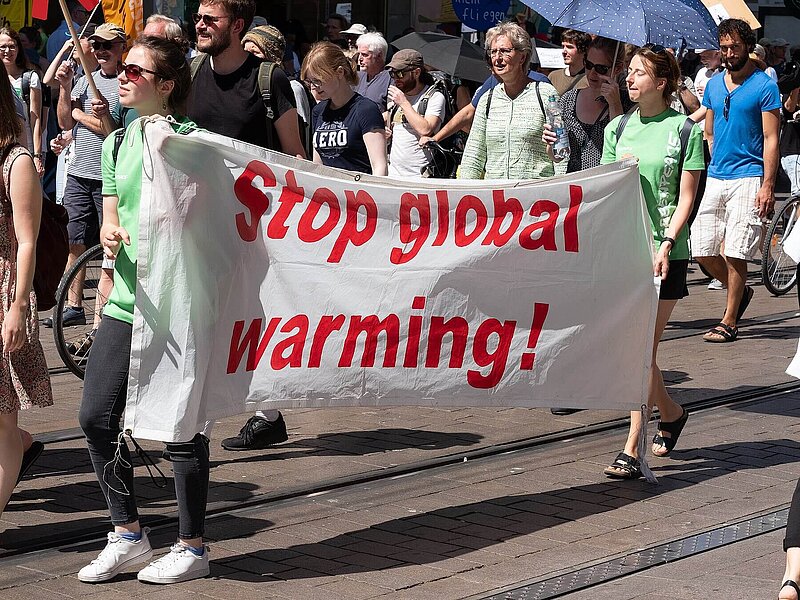
The influence of democracy on climate change concern indicates that public opinion is not only determined by worldviews or consumption, but also by the political system in which individuals live, the authors argue.
What do climate and democratization have in common? In their latest working paper, Dr. Sebastian Levi, Postdoctoral Researcher at the Hertie School Centre for Sustainability and Matthew Goldberg PhD, Associate Research Scientist at the Yale Program on Climate Change Communication, argue that the condition of our democracies plays a crucial role for the public concern for climate change.
The authors propose a theory of political opinion formation and argue that changes in democracy have causally influenced individual climate change concern over the last decade. In particular, they note that civil liberties allow journalists and civil society groups to raise attention about environmental issues without being censored or attacked from governments and industries that benefit from environmental pollution. In other words, by providing access to information to the public, individuals become aware of the anthropogenic climate change and develop an interest in curbing it. This effect is even stronger, when climate change communicators exist and cover those topics regularly.
These considerations are based on empirical data of 611,909 individuals from 118 countries surveyed between 2007 and 2019. The evidence was also gathered through qualitative interviews and by modelling the association between democracy, climate protest, media coverage, and climate concern. To learn more about other findings, read the full article available online.
The Hertie School is not responsible for any content linked or referred to from these pages.
Views expressed by the authors may not necessarily reflect the views and values of the Hertie School.
Contact
-
Sebastian Levi, Postdoctoral Researcher
